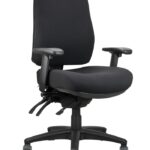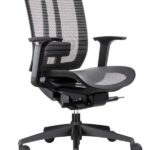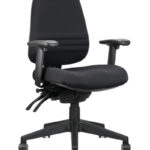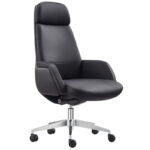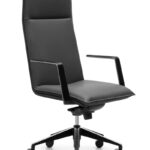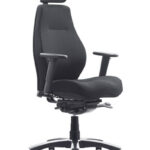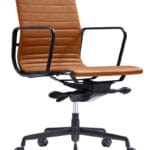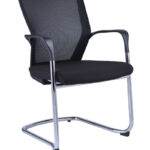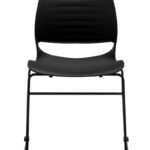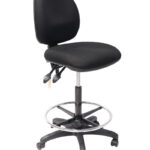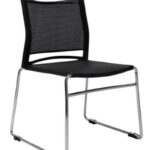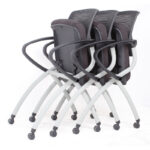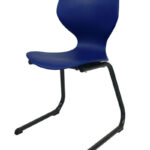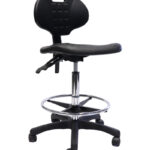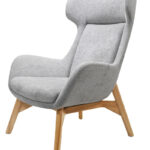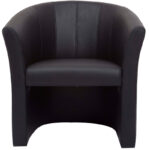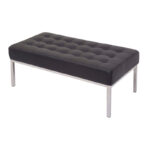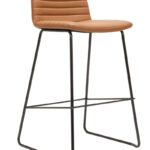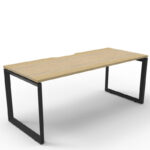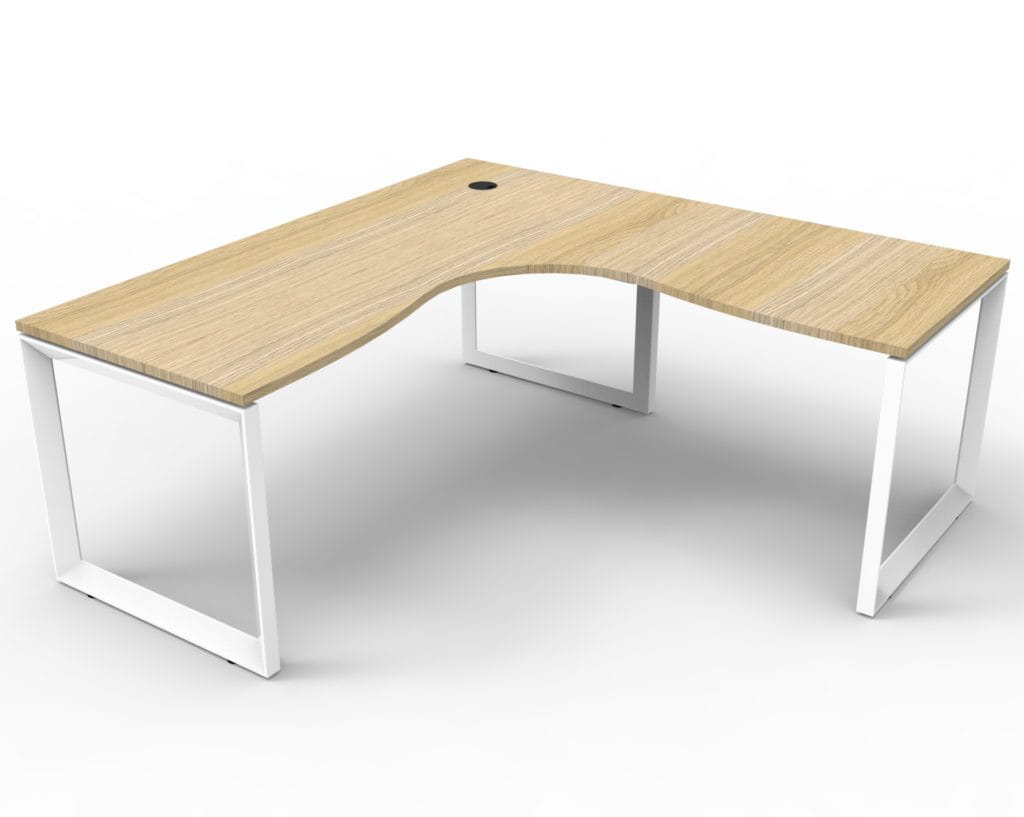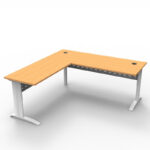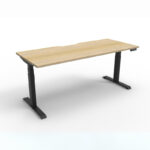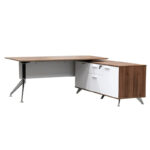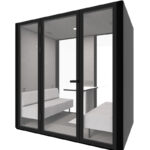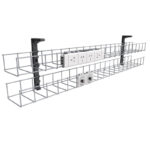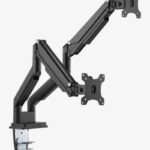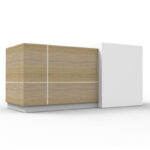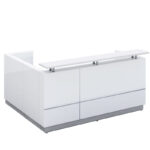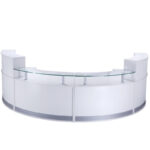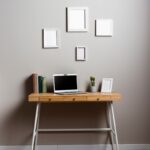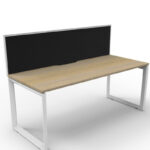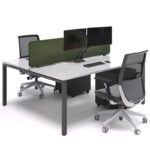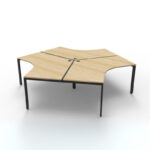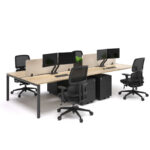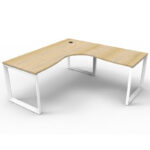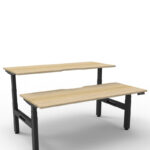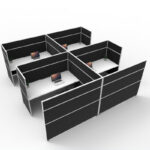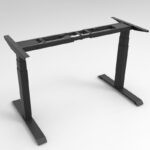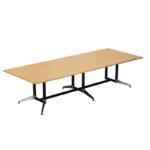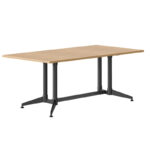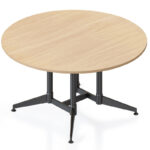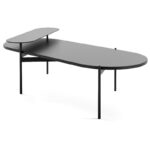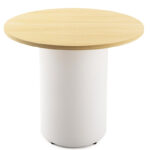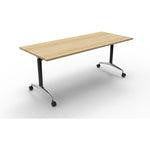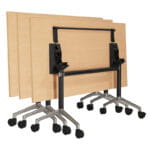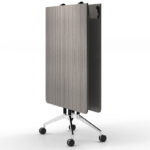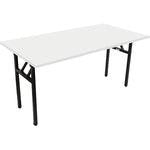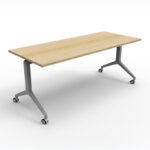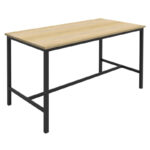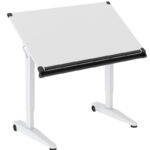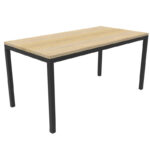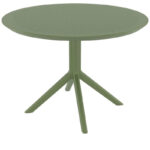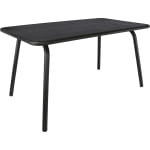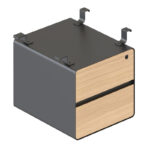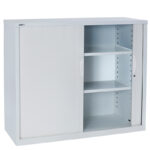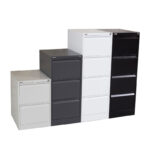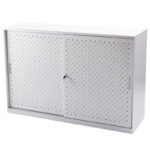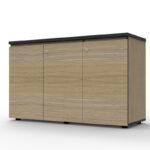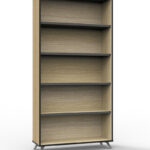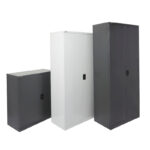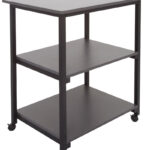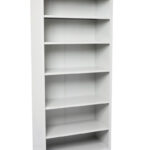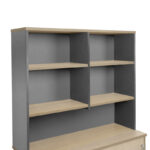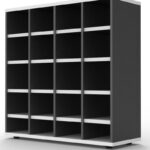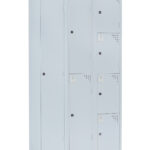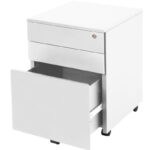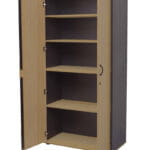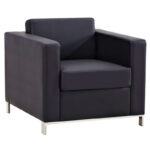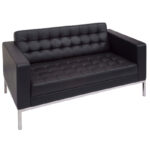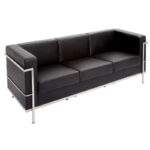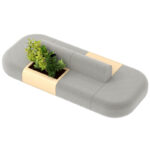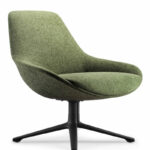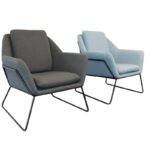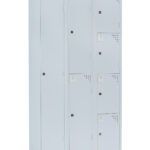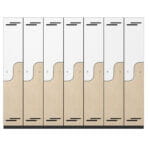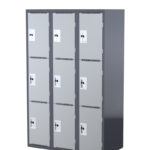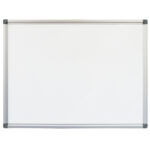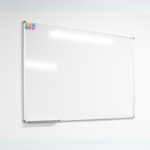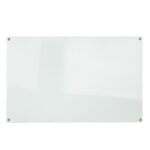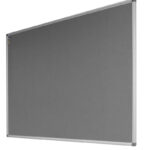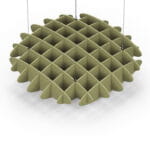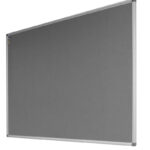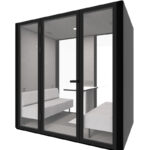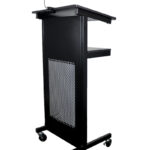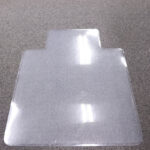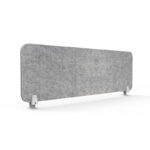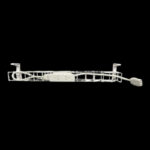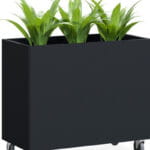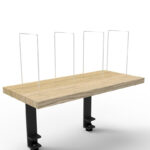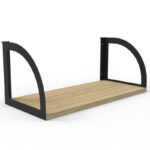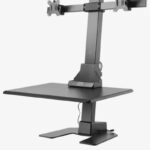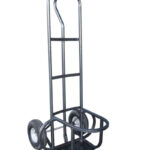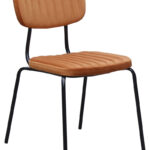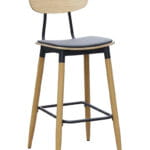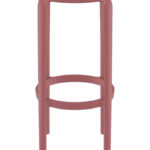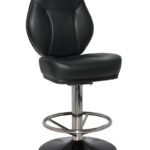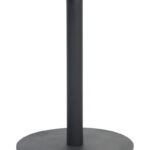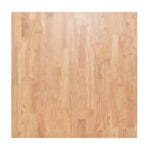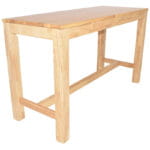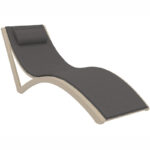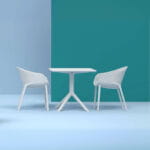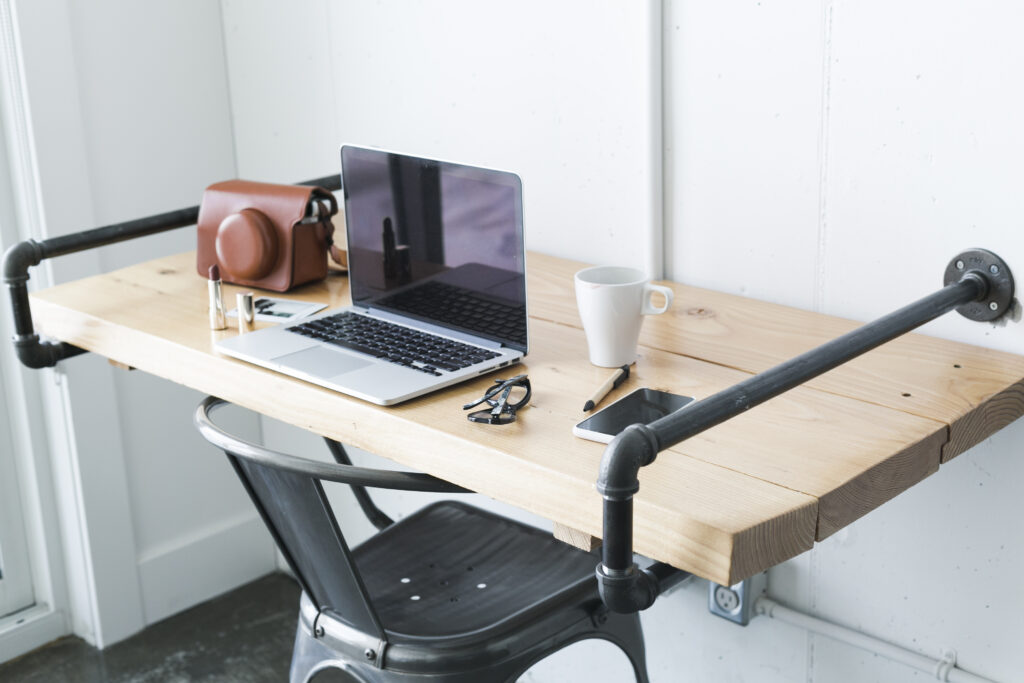Pricing Guide
Best Office Desks for Small Spaces
Maximize workspace efficiency with smart desk solutions from $200 to $800, perfect for Melbourne’s compact offices.
Quick Answer (TL;DR)
Small offices benefit from compact 120–150cm desks that maximise space efficiency. L-shaped, wall-mounted, and compact standing desks work best. Key features include cable management, integrated storage, and light colours to keep small workspaces open and organised.
Understanding Small Space Challenges
Richmond businesses often operate from converted warehouses, shopfronts, or shared office spaces where every square meter counts. Standard desks (150-180cm) can overwhelm small rooms, creating cramped, inefficient workspaces that impact productivity and morale.
The goal isn’t just fitting furniture into tight spaces—it’s creating functional work environments that feel open and organized. Smart desk selection can make a 15sqm office feel spacious rather than cluttered.
Optimal Desk Dimensions for Small Offices
Width Guidelines
- 100-120cm: Ideal for single monitor setups, minimal paperwork. Suits very small spaces (under 10sqm)
- 120-150cm: Sweet spot for dual monitors or laptop + monitor. Fits most small offices (10-15sqm)
- 150-180cm: Maximum for small spaces. Only if room layout permits without blocking pathways
Depth Considerations
Standard 75cm depth works for most setups. If space is extremely tight, 60cm deep desks accommodate keyboards and monitors while saving 15cm of floor space. Avoid depths under 60cm—monitors sit too close, causing eye strain.
Best Desk Types for Compact Spaces
L-Shaped Corner Desks ($300-$600)
Best for: Maximizing unused corner space, multiple work zones
Space required: 150cm x 150cm corner area
Advantages: Two work surfaces (computer work + paperwork), utilizes dead corner space, creates visual separation between tasks.
Richmond tip: Perfect for Richmond’s converted warehouse spaces with awkward corner angles. Positions desk against walls, keeping center floor space open.
Wall-Mounted Floating Desks ($200-$400)
Best for: Ultra-small spaces (under 10sqm), hot desking, multi-purpose rooms
Space required: 100-150cm wall space, 60cm clearance from wall
Advantages: Floor space remains clear (easier cleaning), adjustable height during installation, folds up in some models
Considerations: Requires solid wall mounting (not suitable for plasterboard without reinforcement). Weight capacity typically 30-50kg—sufficient for monitors but not excessive equipment.
Compact Standing Desks ($480-$800)
Best for: Health-conscious teams, flexible work positions, modern offices
Space required: 120-150cm width, requires slightly more depth (60-75cm) for stability
Advantages: Adjustable height benefits multiple users, promotes movement, premium feel without requiring large footprint
Richmond pricing: Electric models $500-$800, manual crank options $400-$550. Electric recommended for regular position changes.
Writing Desks with Storage ($250-$500)
Best for: Administrative roles, paperwork-heavy tasks, built-in organization
Space required: 120-150cm width, 60cm depth
Advantages: Integrated drawers eliminate need for separate filing cabinets, sleek profile, cable management cutouts
Style tip: Choose light oak or white finishes—darker wood can make small spaces feel cramped.
Essential Features for Small Space Desks
Cable Management
Critical in compact offices where cables create visual clutter. Look for desks with grommets, cable trays, or rear channels. Wireless charging pads ($50-$80 add-on) reduce cable needs further.
Integrated Storage
Small spaces can’t accommodate separate storage units. Desks with built-in drawers, keyboard trays, or overhead shelving maximize vertical space. Each integrated feature saves 0.5-1sqm of floor space.
Light Colour Palettes
White or natural oak finishes reflect light, making spaces feel 15-20% larger perceptually. Dark walnut and black desks work in larger rooms but overwhelm small offices.
Minimal Frame Design
Slim legs and frame profiles reduce visual bulk. Compare 5cm thick legs vs 8cm—the difference feels significant in tight spaces. Some modern desks use single-pedestal or cantilever designs for ultimate minimalism.
Layout Optimization Tips
Position Against Walls
Never center desks in small rooms—this bisects space inefficiently. Position along walls or in corners, keeping central floor space open for movement and visual flow.
Allow 80-100cm Clearance
Behind desk chairs, maintain minimum 80cm for comfortable seating/standing. 100cm feels significantly more comfortable and allows passing room for colleagues.
Use Vertical Space
Mount monitors on wall arms (saves 30cm desk depth), install floating shelves above desks, use pegboards for supplies. Small spaces need to think upward, not just outward.
Multi-Functional Furniture
In very small Richmond offices (under 15sqm), consider desks that double as meeting tables or reception counters. Adjustable height desks can serve standing meetings when raised.
Delivery and Assembly
Richmond Office Furniture offers flat-pack delivery across most city metro areas ($66-$110) and regional Victoria ($100-$200). Small space desks typically arrive in 1-2 boxes, weighing 20-40kg combined.
Assembly time: 30-60 minutes for standard desks, 60-90 minutes for L-shaped units. Electric standing desks require 90-120 minutes. Assembly tools included—you’ll only need a screwdriver and occasionally an Allen key (provided).
Common Mistakes to Avoid
- Buying standard-width desks: 180cm desks overwhelm small spaces—always measure room and subtract 120cm for movement
- Ignoring door swing: Ensure desk doesn’t block door opening—common issue in 10-12sqm offices
- Forgetting power access: Verify desk position allows cable reach to power points without extension cords crossing walkways
- Dark finishes: Save visual weight for larger spaces—light colors are non-negotiable in compact rooms
- No try-before-commit: If possible, use cardboard to map desk footprint on floor before purchasing
Richmond’s Recommendation
For most small Richmond offices (10-15sqm), we recommend 120-150cm wide desks with integrated storage in light finishes ($300-$500 range). L-shaped corner desks offer best space efficiency if room layout permits.
Startups and modern offices benefit from compact electric standing desks ($500-$700)—the flexibility justifies higher cost when space is at premium. Traditional businesses managing paperwork should prioritize desks with drawer storage over adjustable height features.

